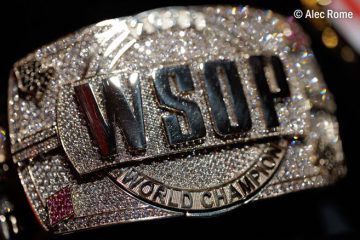Many Hollywood films include poker, and you have likely seen a variety of poker-related sequences. The heroes exchange wary glances, seeking to decipher each other’s intents and assess the strength of their respective hands. A non-player who has lost most of his games and is now anxious to get his money back unexpectedly ups the ante. Will he really follow through with it or is he just trying to get you to trust him? Or is it possible that he doesn’t have a winning hand? All poker games come down to a test of psychological prowess, and it can’t be denied that knowing how other people think will give you a significant advantage.
Human expressions are the primary source of this information. Though some players are adept at hiding their feelings, showing no emotion at all might also be seen as a hint. But keep in mind that you are not the only one being watched. It has been shown that most judgments made in poker are based on reading the expressions of one’s opponents. Here’s when bluffing comes in helpful; play it off like you’re upset despite holding a winning hand. Never put too much stock in other people’s facial expressions, but make an effort to seem “trustworthy” so that your opponents are less likely to call your bluffs. Poker is more than a game of chance; it is a game of the mind, full of methods and tactics, thanks to the influence of psychology.
One final piece of advice: relax and have fun during home games. While familiarity with psychological principles might be useful, it can also ruin a friendly game of poker.



0 Comments